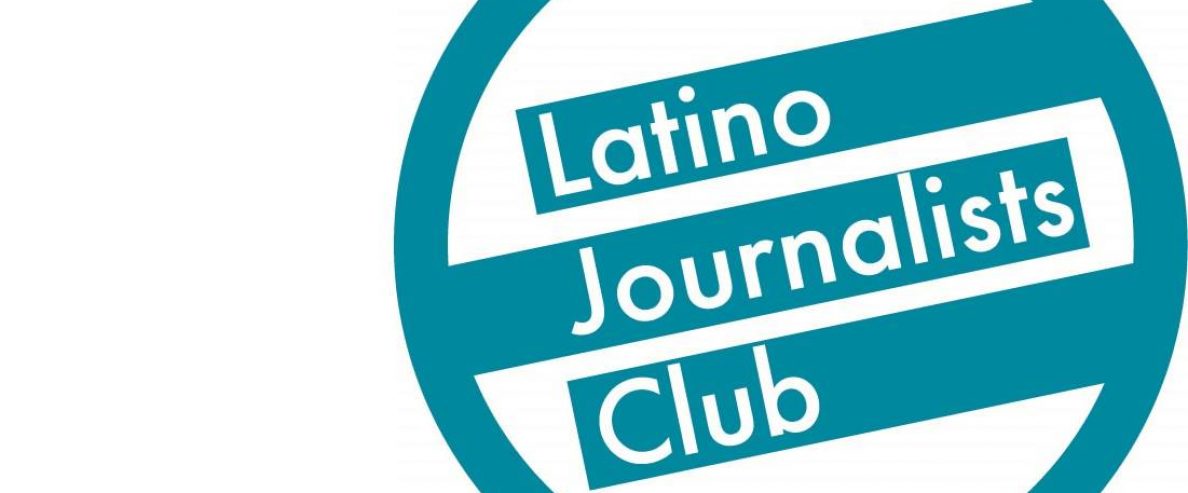Blog by: Noe Alvarado, CSUN LJ Event Coordinator
Google started its new privacy policy on March 1, 2012. The announcement gained much criticism and concern because for the first time in the company’s history Google will consolidate personal user information from across all of its services to track user’s interests and tendencies– all in the name of a better personal online experience.
Privacy means something very different to the Millennial Generation. The values of privacy and personal space that social interaction is part of our brains as children can be seen as veiled forms of all-Americanism, an early and necessary version of patriotism, and why not? Privacy teaches rugged individualism, an affinity for personal property, and the desire to defend that property (and privacy) with the idealistic gusto of a poor 80-year-old Tea Party Member.
In its short history social media has elicited several waves of privacy concerns.
These concerns once rested in the area of drunken Facebook photos, regrettable tweets, and the tacky release of too much personal information. And while there was always the fear of credit card numbers landing in the hands of scammers or PCs becoming infected by viruses our earlier fears appear naïve and almost menial in the face of corporate intrusion into privacy.
Services like Gmail, Google Plus, and the search engine itself will now fall under one large umbrella of policy for how personal data is stored and used. With its status as the seemingly de-facto internet search engine it is hard to imagine anyone being able to defy the new policy.
Likewise, last December programmer Trevor Eckhart sent tremors through the industry as he released a video on YouTube in which he exposed the Carrier IQ software embedded in over 140 million smartphones. The software tracks user’s movement on their smartphones and can extract personal information such as an entire address book.
Further traces of online bread crumbs are being left all over the internet as the new Facebook Timeline becomes a mandatory component of the service. The most eerie facet of the Timeline is its point of origin at the user’s date of birth. Those adorable photos of your Facebook friend’s newborns may one day appear on their own Timelines as their first profile picture when they come of age. Ultrasound photos may even have people being tagged in the womb.
While there is enough outrage and fear in personal circles and conversations all over the world there has been no action taken to curve the invasive tactics of the web’s most powerful giants. Remember the uproar over Congress’ SOPA and PIPA bills that were seen as the first steps towards internet censorship? Wikipedia, Google, Craigslist, and millions of Facebook profiles all protested the legislation in their own unique way.
The silence over the end of privacy should not come as a surprise. Internet users are being groomed into a sort of nudist state of mind as they enter the web completely exposed and with a perpetual trail following behind. With these new trends in place the idea that the government will censor the internet seems absurd. Why take away the bait?
